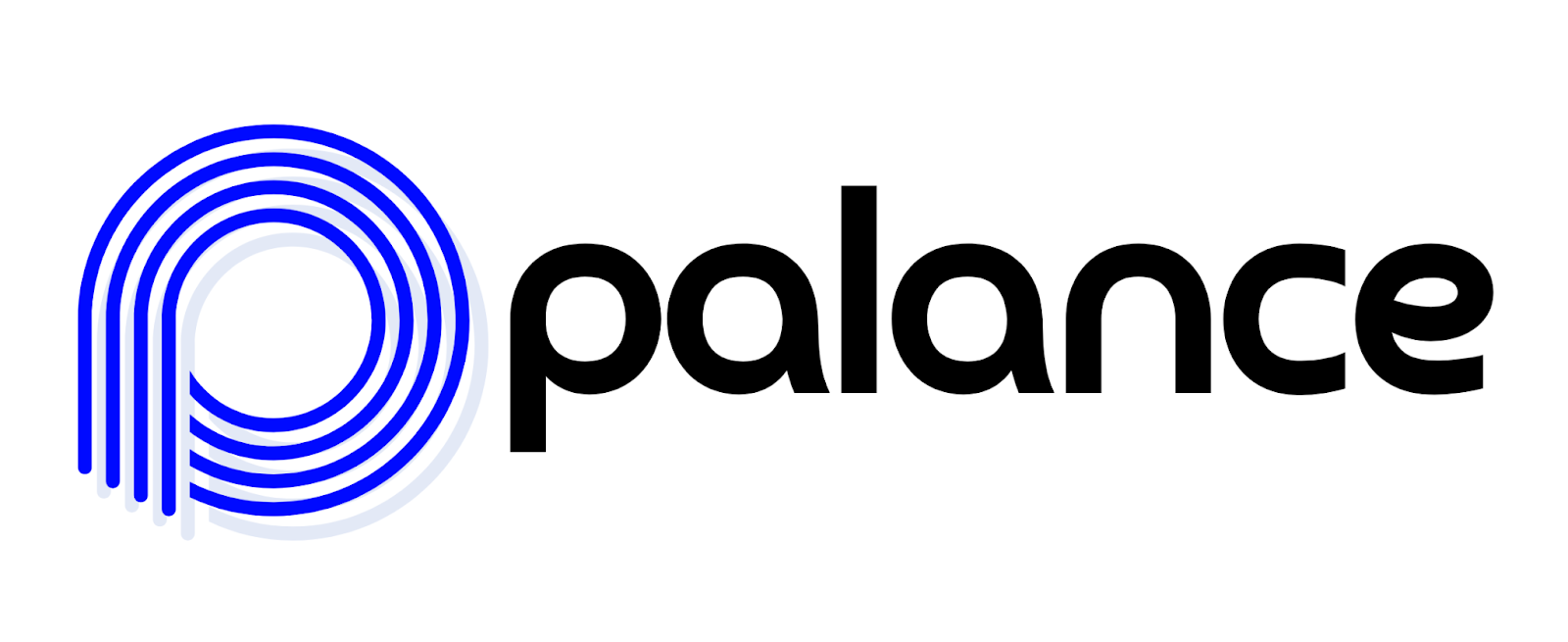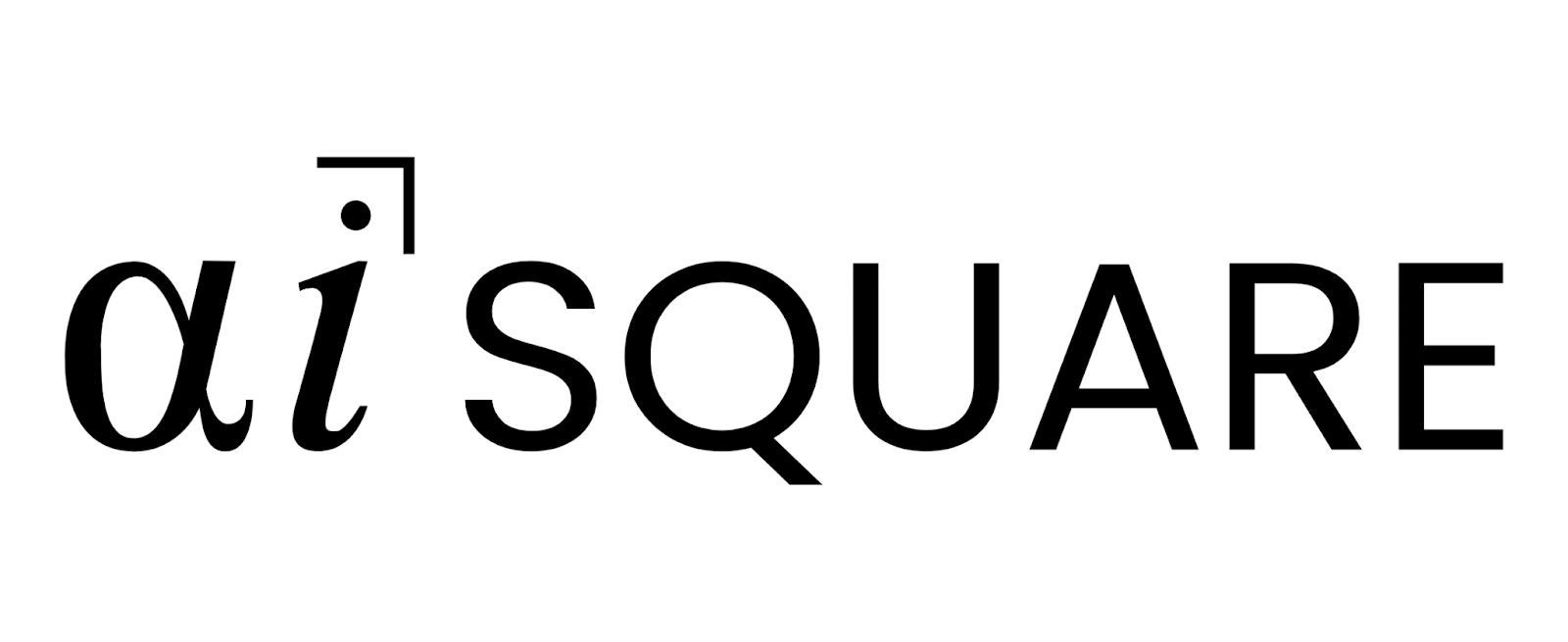


We interviewed four founders who are building their businesses in Japan under the Shibuya Startup Visa: Alex Kunin of KanjuTech, Louis Boka of AI Square, Alex Fournier of SportsEye, and Abbas Alighanbari of Palance. Each of them brings a unique perspective on product development, market testing, and doing business in Japan.
SportsEye
Sports teams in Japan and abroad struggle with producing content. It’s hard to match the volume and quality of bigger international clubs. We solve sports content creation for teams in any sport using cutting-edge AI, by producing short & long form video and social media posts in minutes, not days.

Palance
Palance is a multi-asset portfolio analytics platform designed to empower retail investors, financial advisors, and wealth platforms with deeper, AI-enhanced insights into their portfolios. Today’s investors face fragmented information, overly complex tools, and a lack of personalised feedback on their investments. Palance addresses this by offering a unified, user-friendly interface that delivers intelligent, actionable analytics across traditional and alternative asset classes.
In addition, we’ve developed a dedicated carve-out product for crypto investors called CoinIQ. Crypto portfolios present unique challenges due to volatility, opacity, and lack of structured reporting. CoinIQ solves this with purpose-built analytics that identify behavioural signals, potential scams, and meaningful metrics beyond price alone. Both solutions share the same underlying DNA: clarity, confidence, and control for every investor.

KanjuTech
AI models are generally presented as pre-trained, rigid solutions. It creates issues and failures when real-time adaptation is needed for efficient interaction with the physical world. We help cars, mobile robots, drones, industrial pickers, and IoT to perceive and act in a dynamic environment, learning new skills and objects on the go, with a robust view towards dataset distribution shift.

AI Square
Many large facilities in Japan like airports, factories, ports and data centers already have cameras and machines installed, but a lot of this equipment is be too old to work with the latest AI technologies. Our AI helps these businesses get new value from the equipment they already have, without needing to buy expensive new hardware.
For example, an airport can use our system to check runway safety using their existing cameras, where we turn their footage into a 3D map for obstacle detection. We also help companies that are planning new buildings: they can tell our AI what they want to build, and it quickly creates a design that follows all local rules and is ready for construction.

SportsEye
We ran a few user interviews and are currently finishing a prototype to put in the hands of several Japanese soccer teams. This is a part where we still need a lot of validation because some aspects are different in the Japanese market compared to Europe.
This is also where SSS is helpful, for example this Wednesday there’s a pitch sales roleplay at the Shibuya Bridge so we can improve our approach with Japanese sales.
In sports, market testing can take a long time so that’s one of our challenges.
Palance
On the B2B2C side, we engaged directly with independent financial advisors and smaller wealth managers in Japan. Through these conversations, we learned how their reporting standards work, what compliance obligations they face, and how Palance could help streamline their workflows. Our tools can help them save time, reduce operational costs, and differentiate themselves in a competitive market.
On the B2C side, we launched controlled product tests with Japanese retail users, gathering feedback on UI, portfolio insights, and clarity of the analytics. This helped us iterate quickly. improving our onboarding flows, refining our insights engine, and localising the user experience for a more intuitive feel.
KanjuTech
KanjuTech tested for the Japanese market by combining direct customer projects, structured feedback, and local investor backing. The team carried out more than 30 user interviews with robotics and industrial operators to confirm requirements, then secured three Japanese pilot customers in mobile-robot navigation, drone inspection, and marine loading-arm control. We presented the technology at two major tech conferences, entered two pitch contests (winning one), and raised seed funding from two Japan-based investors.
AI Square
AI Square was built to serve global markets from day one, including Japan. Since many Japanese enterprises prefer to work with large, established local companies, instead of trying to compete as a small Japanese-based startup, we've worked with Japanese companies that have overseas branches. This allows us to run proof-of-concept projects with even very large Japanese companies.
For example, after showing strong results with groups like Nissan and Toyota, we gained confidence that our product meets Japanese enterprise standards. We’ve already translated the product to Japanese and our next goal is to partner with a major system integrator like Mitsubishi Electric to help scale local adoption. We’re also looking to bring a Japanese corporate VC into our seed round to support both distribution and credibility in the market.
SportsEye
A lot of things are done the opposite way it’s done in your home country!
In my case I have a quite lean approach to startups and sales, but in Japan everything needs to be well structured. Everything will take more time to be done. This is definitely a challenge, but can actually be fun with the right mindset.
There’s a lot of other parts that you need to get used to in business, eg. Tatemae or Nemawashi.
Palance
Many founders arrive in Japan with a romanticised view of launching a startup here. In reality, Japan is a tough market to crack—language barriers, bureaucratic processes, and a relatively conservative fundraising landscape. The key is to make sure that being located in Japan is a strategic strength, not just a lifestyle choice.
If you're solving a problem that’s unique to or amplified in the Japanese market, your local presence becomes a competitive advantage. But be prepared: even small wins can require extensive admin work, from incorporation to compliance. That said, with the right local insights and patience, Japan can be a highly rewarding and differentiated market to build in.
KanjuTech
In Japan, right connections mean everything. Find good support in the first place. It might be government-related organisations like SSS, academic connections, smart investors, and other organisations and individuals who can introduce you and bridge you to potential customers and partners.
AI Square
Japan is the second-largest enterprise market in the world, and companies here tend to invest in technologies they can rely on for many years. This creates a special opportunity to bring modern innovation to industries still using older systems, but only if you’re prepared to think long term.
Our advice is to take a global approach. Wins from other markets can give you the resources and credibility needed to build trust in Japan. If you can raise an international seed round, you can hire a strong local team to navigate the language, culture, and business expectations, removing many of the common barriers foreign founders face.
Special thanks to Alex Kunin (KanjuTech), Louis Boka (AI Square), Alex Fournier (SportsEye), and Abbas Alighanbari (Palance) for sharing their insights and experiences as founders in Japan.
If you are interested in the startup ecosystem and startup visas, please don’t hesitate to contact us, and follow us on social media to keep up-to-date on upcoming events!
More information on Shibuya’s Startup Visa program: https://www.shibuya-startup-support.jp/?r=0
Shibuya Startup Support’s social media accounts:
LinkedIn:https://www.linkedin.com/company/shibuya-startup-support/
Facebook:https://www.facebook.com/shibuya.startup.support
X (formerly Twitter):https://twitter.com/ShibuyaStartup